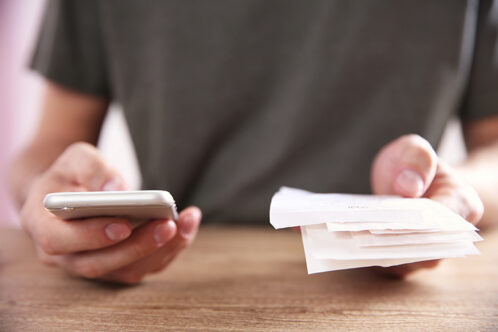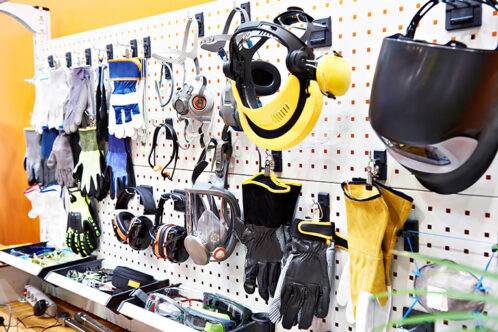Taxable and allowable expenses for self employed tradespeople
What are taxable and allowable expenses?
It can be difficult to know exactly which is a taxable business expense and which is an allowable expense (the latter being a cost that you don’t need to pay tax on). So, we hope this article will help clear things up and make sure you’re not paying tax on those expenses that you don’t have to by law.

There are also different rules if you operate as a sole trader or limited company. Everything we discuss in this article applies to sole traders, so if you’re a company director and you’re not sure about company costs, you can find the information you need on Gov.uk.
As a self-employed tradesperson you will buy business items – such as workwear, a laptop or stationery – and have other business costs such as legal, marketing and staff expenses. You can claim some of your business costs as allowable expenses, so you only need to pay tax on the remaining amount – known as your taxable profit.
HMRC gives this example:
“Your turnover is £40,000, and you claim £10,000 in allowable expenses. You only pay tax on the remaining £30,000 – known as your taxable profit.”
What can I claim?
The question you have to ask yourself is – can I prove that the purpose of this item or cost is exclusively for work?
For example, you can claim uniforms and protective workwear (such as goggles, work boots and tool belts) and stock or raw materials that you sell on to homeowners.
However, if you buy an item for both business and personal use – say a mobile phone – you can only claim allowable expenses for the business costs.

HMRC gives this example:
“Your mobile phone bills for the year, total £200. Of this, you spend £130 on personal calls and £70 on business. You can claim for £70 of business expenses.”
There are certain things, like everyday clothing (such as jeans and t-shirts) that you cannot claim either – even if you wear them to work.
You can also claim for car, van and travel expenses, including vehicle insurance, fuel and parking. However, there are certain things to watch out for – you can’t claim for travel between your home and work, or for non-work related travel costs or fines.
See the full list of allowable expenses on Gov.uk.
What about buying equipment, machinery or business vehicles?
If you use what is known as traditional accounting you can also claim capital allowances on items known as ‘plant and machinery’. These are items or ‘assets’ you buy – such as trade machinery and work vans – that you keep in your business for the long-term and do not lease.
HMRC states: “You can deduct some or all of the value of the item from your profits before you pay tax…In most cases, the value is what you paid for the item.”
Find out what counts as plant and machinery on Gov.uk.
From April 2021, the compulsory Making Tax Digital for VAT service will come into place. Find out more about how this will affect you on our Trade Advice Centre.



